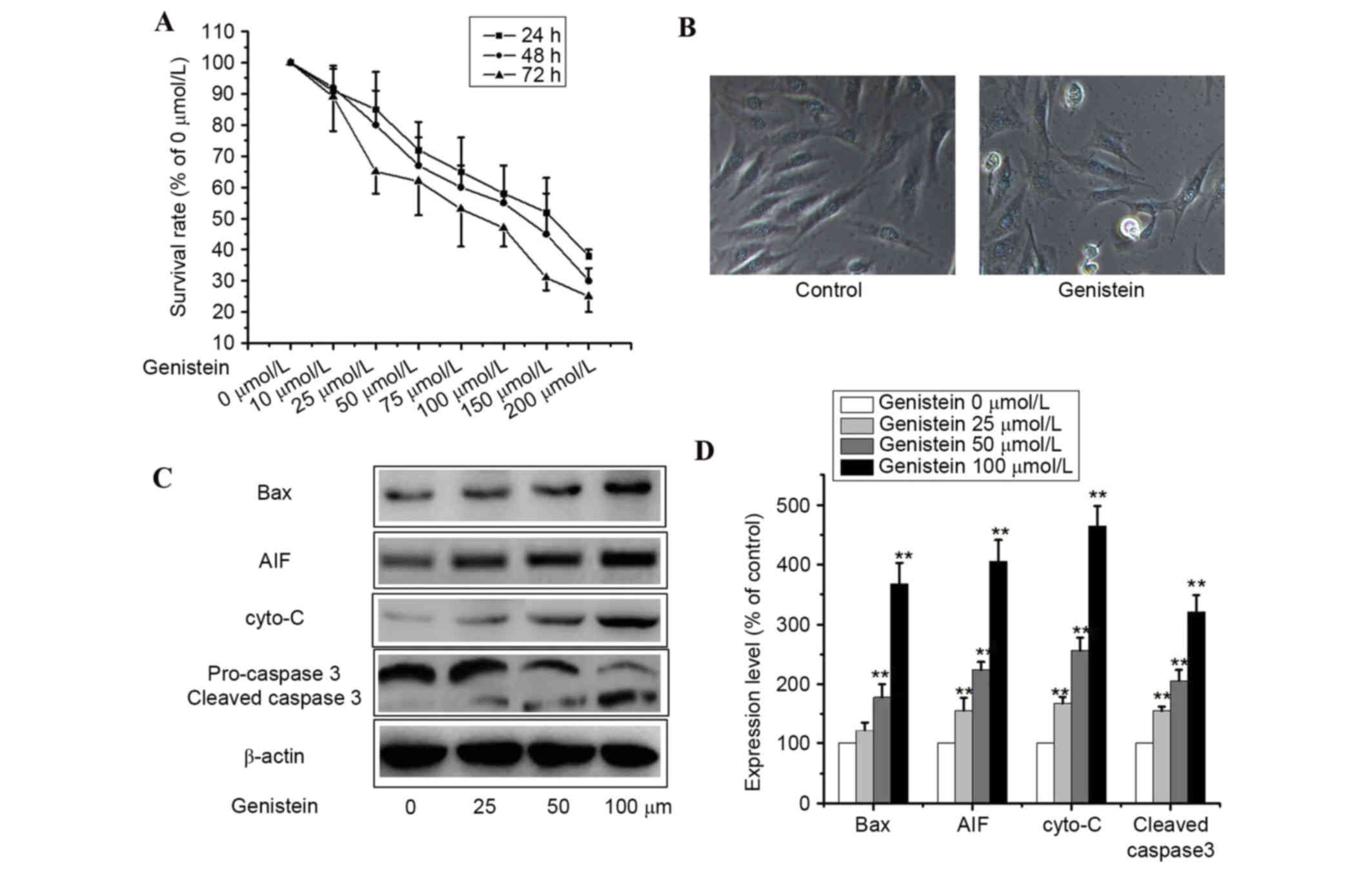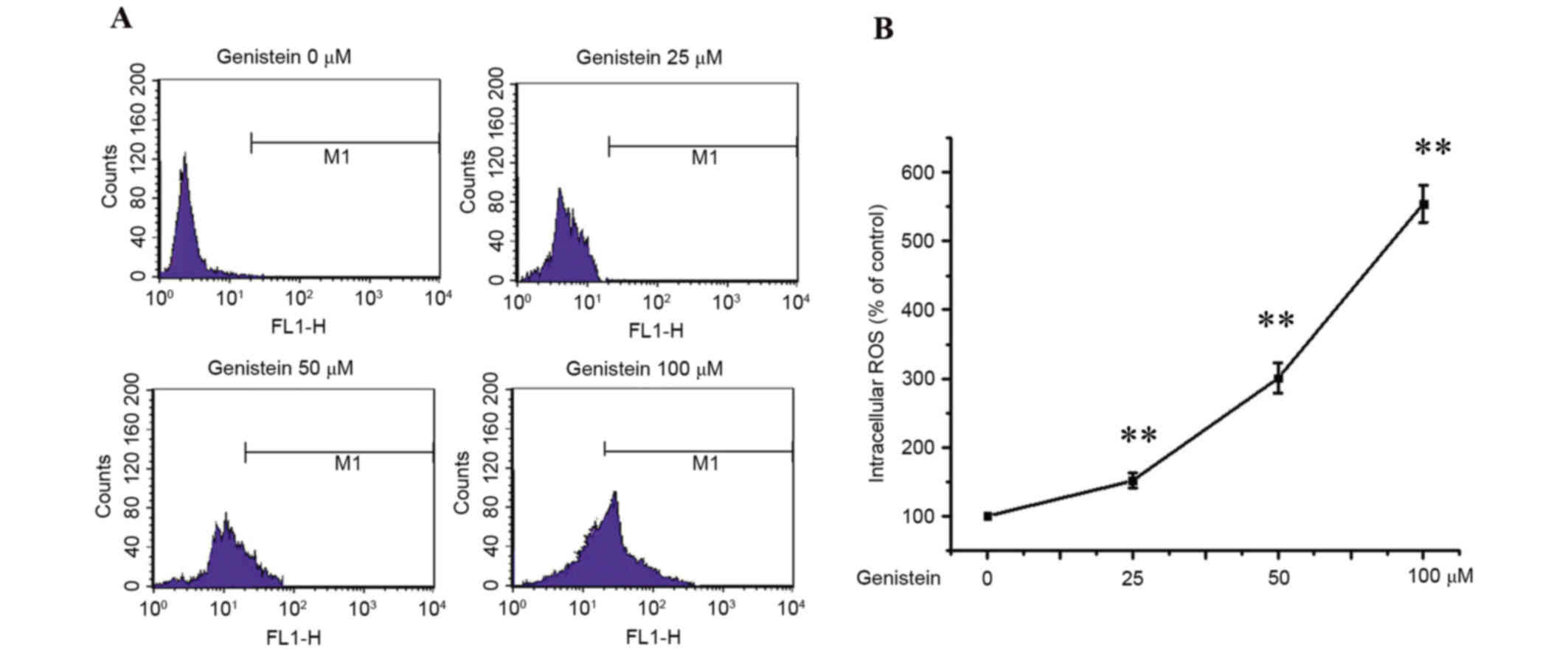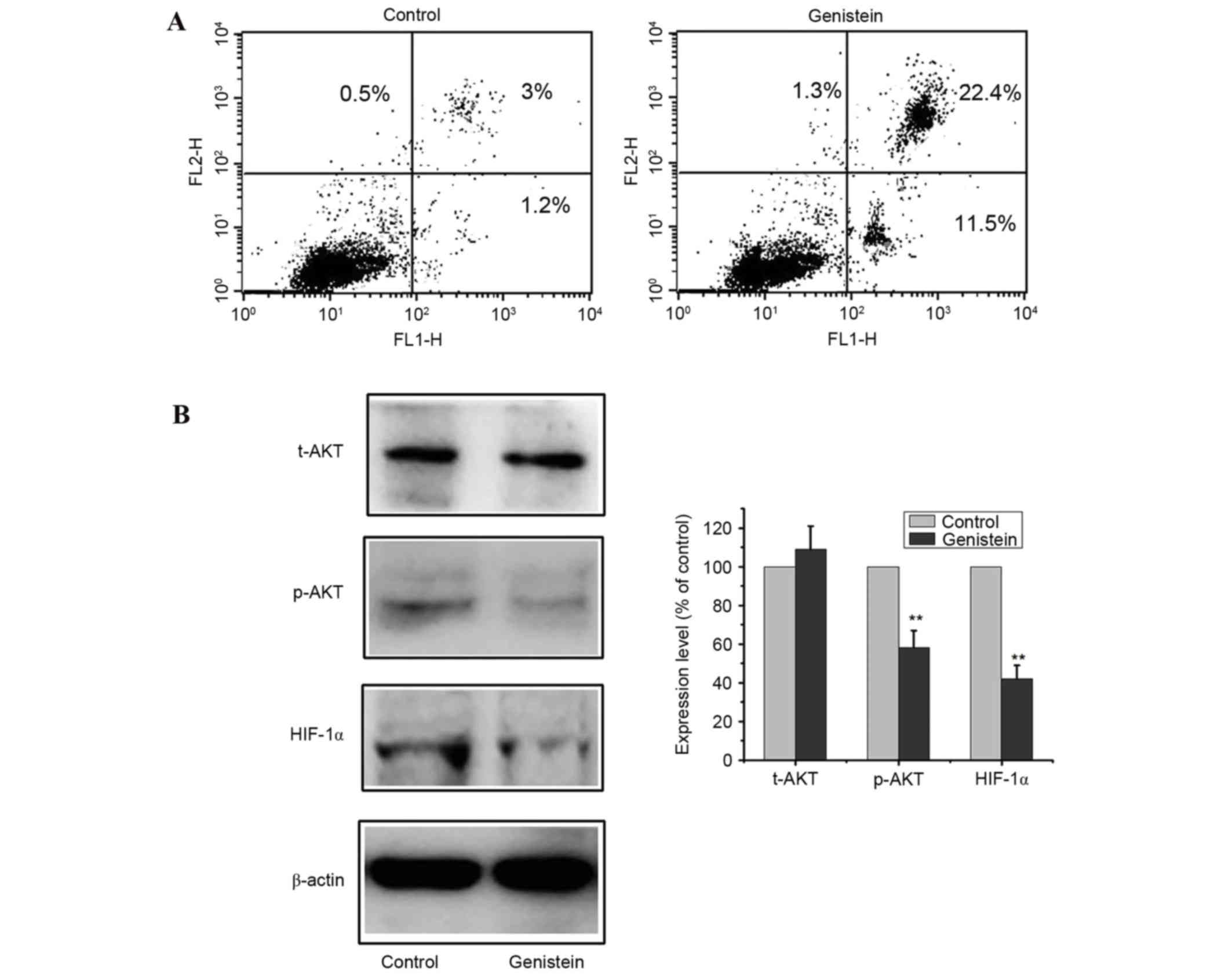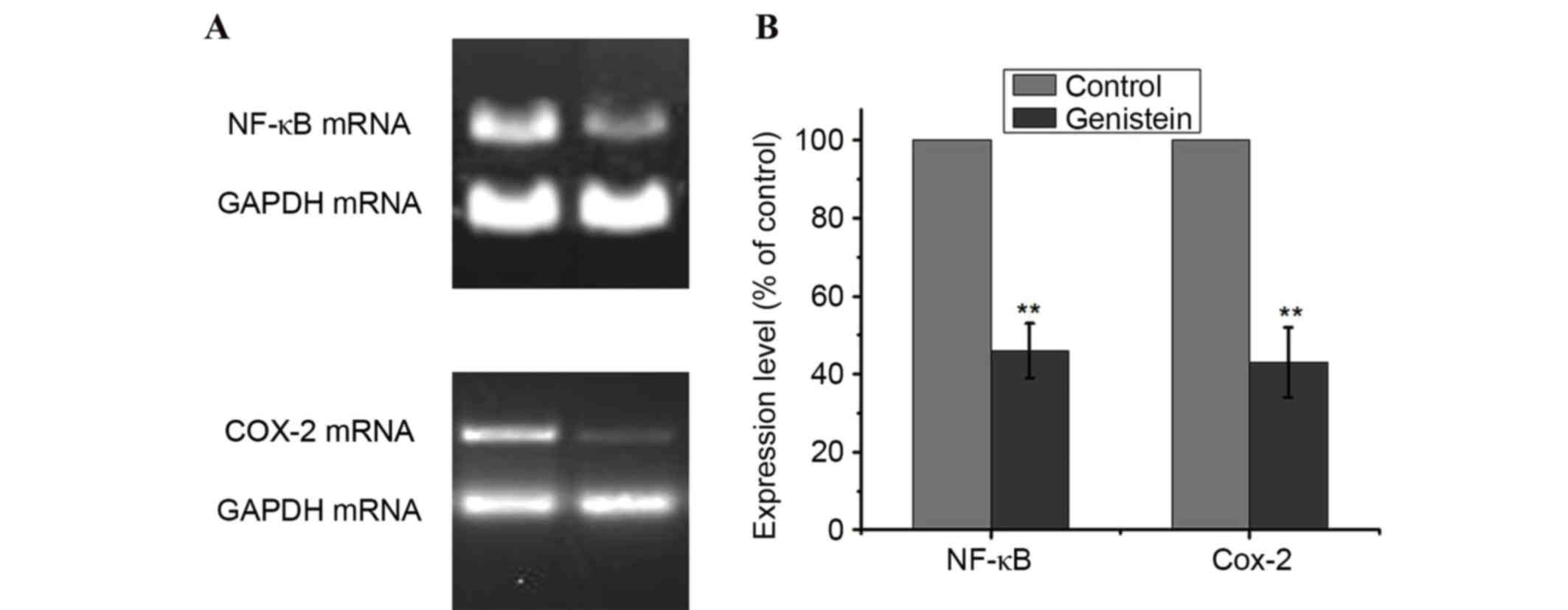|
1
|
Henley SJ, Richards TB, Underwood JM,
Eheman CR, Plescia M and McAfee TA: Centers for Disease Control and
Prevention (CDC): Lung cancer incidence trends among men and
women-United States, 2005–2009. MMWR Morb Mortal Wkly Rep. 63:1–5.
2014.PubMed/NCBI
|
|
2
|
Chen W, Zheng R, Zeng H and Zhang S: The
updated incidences and mortalities of major cancers in China, 2011.
Chin J Cancer. 34:502–207. 2015. View Article : Google Scholar : PubMed/NCBI
|
|
3
|
Guo H and Sa Z: Socioeconomic
differentials in smoking duration among adult male smokers in
China: Result from the 2006 China Health and Nutrition Survey. PLoS
One. 10:e01173542015. View Article : Google Scholar : PubMed/NCBI
|
|
4
|
Lubin JH, Caporaso N, Wichmann HE,
Schaffrath-Rosario A and Alavanja MC: Cigarette smoking and lung
cancer: Modeling effect modification of total exposure and
intensity. Epidemiology. 18:639–648. 2007. View Article : Google Scholar : PubMed/NCBI
|
|
5
|
Stinchcombe TE: Recent advances in the
treatment of non-small cell and small cell lung cancer. F1000Prime
Rep. 6:1172014. View
Article : Google Scholar : PubMed/NCBI
|
|
6
|
Hensing T, Chawla A, Batra R and Salgia R:
A personalized treatment for lung cancer: Molecular pathways,
targeted therapies, and genomic characterization. Adv Exp Med Biol.
799:85–117. 2014. View Article : Google Scholar : PubMed/NCBI
|
|
7
|
Molina JR, Yang P, Cassivi SD, Schild SE
and Adjei AA: Non-small cell lung cancer: Epidemiology, risk
factors, treatment, and survivorship. Mayo Clin Proc. 83:584–594.
2008. View Article : Google Scholar : PubMed/NCBI
|
|
8
|
Izbicki JR, Passlick B, Hosch SB,
Kubuschock B, Schneider C, Busch C, Knoefel WT, Thetter O and
Pantel K: Mode of spread in the early phase of lymphatic metastasis
in non-small-cell lung cancer: Significance of nodal
micrometastasis. J Thorac Cardiovasc Surg. 112:623–630. 1996.
View Article : Google Scholar : PubMed/NCBI
|
|
9
|
Guldbrandt LM: The effect of direct
referral for fast CT scan in early lung cancer detection in general
practice. A clinical, cluster-randomised trial. Dan Med J.
61:B50272015.
|
|
10
|
Shen H, Feng G, Cui J, Du Q, Qin Y, Cai J,
Shen L and Zhu Y: Clinical implications of serum hypoxia inducible
factor-1α and vascular endothelial growth factor in lung cancer.
Tumori. 101:404–411. 2015. View Article : Google Scholar : PubMed/NCBI
|
|
11
|
Nakade J, Takeuchi S, Nakagawa T, Ishikawa
D, Sano T, Nanjo S, Yamada T, Ebi H, Zhao L, Yasumoto K, et al:
Triple inhibition of EGFR, Met, and VEGF suppresses regrowth of
HGF-triggered, erlotinib-resistant lung cancer harboring an EGFR
mutation. J Thorac Oncol. 9:775–783. 2014. View Article : Google Scholar : PubMed/NCBI
|
|
12
|
Fu L, Chen W, Guo W, Wang J, Tian Y, Shi
D, Zhang X, Qiu H, Xiao X, Kang T, et al: Berberine targets
AP-2/hTERT, NF-κB/COX-2, HIF-1α/VEGF and cytochrome-c/caspase
signaling to suppress human cancer cell growth. PLoS One.
8:e692402013. View Article : Google Scholar : PubMed/NCBI
|
|
13
|
Pons DG, Nadal-Serrano M,
Blanquer-Rossello MM, Sastre-Serra J, Oliver J and Roca P:
Genistein modulates proliferation and mitochondrial functionality
in breast cancer cells depending on ERalpha/ERbeta ratio. J Cell
Biochem. 115:949–958. 2014. View Article : Google Scholar : PubMed/NCBI
|
|
14
|
Pavese JM, Krishna SN and Bergan RC:
Genistein inhibits human prostate cancer cell detachment, invasion,
and metastasis. Am J Clin Nutr. 100:431S–436S. 2014. View Article : Google Scholar : PubMed/NCBI
|
|
15
|
Xiao X, Liu Z, Wang R, Wang J, Zhang S,
Cai X, Wu K, Bergan RC, Xu L and Fan D: Genistein suppresses FLT4
and inhibits human colorectal cancer metastasis. Oncotarget.
6:3225–3239. 2015. View Article : Google Scholar : PubMed/NCBI
|
|
16
|
Kim IG, Kim JS, Lee JH and Cho EW:
Genistein decreases cellular redox potential, partially suppresses
cell growth in HL-60 leukemia cells and sensitizes cells to
γ-radiation-induced cell death. Mol Med Rep. 10:2786–2792.
2014.PubMed/NCBI
|
|
17
|
Prietsch RF, Monte LG, da Silva FA, Beira
FT, Del Pino FA, Campos VF, Collares T, Pinto LS, Spanevello RM,
Gamaro GD and Braganhol E: Genistein induces apoptosis and
autophagy in human breast MCF-7 cells by modulating the expression
of proapoptotic factors and oxidative stress enzymes. Mol Cell
Biochem. 390:235–242. 2014. View Article : Google Scholar : PubMed/NCBI
|
|
18
|
Mosmann T: Rapid colorimetric assay for
cellular growth and survival: Application to proliferation and
cytotoxicity assays. J Immunol Methods. 65:55–63. 1983. View Article : Google Scholar : PubMed/NCBI
|
|
19
|
Kannan K and Jain SK: Oxidative stress and
apoptosis. Pathophysiology. 7:153–163. 2000. View Article : Google Scholar : PubMed/NCBI
|
|
20
|
Joshi S, Singh AR, Zulcic M and Durden DL:
A macrophage-dominant PI3K isoform controls hypoxia-induced HIF1α
and HIF2α stability and tumor growth, angiogenesis, and metastasis.
Mol Cancer Res. 12:1520–1531. 2014. View Article : Google Scholar : PubMed/NCBI
|
|
21
|
Lee H, Jung KH, Jeong Y, Hong S and Hong
SS: HS-173, a novel phosphatidylinositol 3-kinase (PI3K) inhibitor,
has anti-tumor activity through promoting apoptosis and inhibiting
angiogenesis. Cancer Lett. 328:152–159. 2013. View Article : Google Scholar : PubMed/NCBI
|
|
22
|
Yang M, Zou J, Zhu H, Liu S, Wang H, Bai P
and Xiao X: Paris saponin II inhibits human ovarian cancer
cell-induced angiogenesis by modulating NF-κB signaling. Oncol Rep.
33:2190–2198. 2015.PubMed/NCBI
|
|
23
|
Ma JX, Sun YL, Wang YQ, Wu HY, Jin J and
Yu XF: Triptolide induces apoptosis and inhibits the growth and
angiogenesis of human pancreatic cancer cells by downregulating
COX-2 and VEGF. Oncol Res. 20:359–368. 2013. View Article : Google Scholar : PubMed/NCBI
|
|
24
|
Maguire J, Khan I, McMenemin R, O'Rourke
N, McNee S, Kelly V, Peedell C and Snee M: SOCCAR: A randomised
phase II trial comparing sequential versus concurrent chemotherapy
and radical hypofractionated radiotherapy in patients with
inoperable stage III non-small cell lung cancer and good
performance status. Eur J Cancer. 50:2939–2949. 2014. View Article : Google Scholar : PubMed/NCBI
|
|
25
|
Sun FF, Hu YH, Xiong LP, Tu XY, Zhao JH,
Chen SS, Song J and Ye XQ: Enhanced expression of stem cell markers
and drug resistance in sphere-forming non-small cell lung cancer
cells. Int J Clin Exp Pathol. 8:6287–6300. 2015.PubMed/NCBI
|
|
26
|
Xiao XS, Yu H, Li HM, Liu SY, Li CZ and
Liu J: Impact of multi-layer spiral CT angiography of bronchial
artery and pulmonary artery in assessment of the main blood supply
to the primary lung cancer. Zhonghua Zhong Liu Za Zhi. 28:302–305.
2006.(In Chinese). PubMed/NCBI
|
|
27
|
Nguyen-Kim TD, Frauenfelder T, Strobel K,
Veit-Haibach P and Huellner MW: Assessment of bronchial and
pulmonary blood supply in non-small cell lung cancer subtypes using
computed tomography perfusion. Invest Radiol. 50:179–186. 2015.
View Article : Google Scholar : PubMed/NCBI
|
|
28
|
Yang X, Zhang Y, Hosaka K, Andersson P,
Wang J, Tholander F, Cao Z, Morikawa H, Tegnér J, Yang Y, et al:
VEGF-B promotes cancer metastasis through a VEGF-A-independent
mechanism and serves as a marker of poor prognosis for cancer
patients. Proc Natl Acad Sci USA. 112:E2900–E2909. 2015. View Article : Google Scholar : PubMed/NCBI
|
|
29
|
Yao L, Nie X, Shi S, Song S, Hao X, Li S
and Zhu D: Reciprocal regulation of HIF-1α and 15-LO/15-HETE
promotes anti-apoptosis process in pulmonary artery smooth muscle
cells during hypoxia. Prostaglandins Other Lipid Mediat. 99:96–106.
2012. View Article : Google Scholar : PubMed/NCBI
|
|
30
|
Raica M, Mogoantă L, Kondylis A and
Cîmpean AM: Angiogenesis in the human thymoma assessed by
subclassification of tumor-associated blood vessels and endothelial
cells proliferation. Rom J Morphol Embryol. 51:627–631.
2010.PubMed/NCBI
|
|
31
|
Zhang HB, Lu P, Guo QY, Zhang ZH and Meng
XY: Baicalein induces apoptosis in esophageal squamous cell
carcinoma cells through modulation of the PI3K/Akt pathway. Oncol
Lett. 5:722–728. 2013.PubMed/NCBI
|
|
32
|
Mohankumar K, Sridharan S, Pajaniradje S,
Singh VK, Ronsard L, Banerjea AC, Somasundaram DB, Coumar MS,
Periyasamy L and Rajagopalan R: BDMC-A, an analog of curcumin,
inhibits markers of invasion, angiogenesis, and metastasis in
breast cancer cells via NF-κB pathway-A comparative study with
curcumin. Biomed Pharmacother. 74:178–186. 2015. View Article : Google Scholar : PubMed/NCBI
|
|
33
|
Mena MP, Papiewska-Pajak I, Przygodzka P,
Kozaczuk A, Boncela J and Cierniewski CS: NFAT2 regulates COX-2
expression and modulates the integrin repertoire in endothelial
cells at the crossroads of angiogenesis and inflammation. Exp Cell
Res. 324:124–136. 2014. View Article : Google Scholar : PubMed/NCBI
|
|
34
|
Gao JH, Wang CH, Tong H, Wen SL, Huang ZY
and Tang CW: Targeting inhibition of extracellular signal-regulated
kinase kinase pathway with AZD6244 (ARRY-142886) suppresses growth
and angiogenesis of gastric cancer. Sci Rep. 16:163822015.
View Article : Google Scholar
|
|
35
|
Jin CY, Park C, Kim GY, Lee SJ, Kim WJ and
Choi YH: Genistein enhances TRAIL-induced apoptosis through
inhibition of p38 MAPK signaling in human hepatocellular carcinoma
Hep3B cells. Chem Biol Interact. 180:143–150. 2009. View Article : Google Scholar : PubMed/NCBI
|
|
36
|
Huang X, Chen S, Xu L, Liu Y, Deb DK,
Platanias LC and Bergan RC: Genistein inhibits p38 map kinase
activation, matrix metalloproteinase type 2, and cell invasion in
human prostate epithelial cells. Cancer Res. 65:3470–3478.
2005.PubMed/NCBI
|
|
37
|
Aksamitiene E, Kiyatkin A and Kholodenko
BN: Cross-talk between mitogenic Ras/MAPK and survival PI3K/Akt
pathways: A fine balance. Biochem Soc Trans. 40:139–146. 2012.
View Article : Google Scholar : PubMed/NCBI
|
|
38
|
N'Guessan PD, Hippenstiel S, Etouem MO,
Zahlten J, Beermann W, Lindner D, Opitz B, Witzenrath M, Rosseau S,
Suttorp N and Schmeck B: Streptococcus pneumoniae induced p38 MAPK-
and NF-kappaB-dependent COX-2 expression in human lung epithelium.
Am J Physiol Lung Cell Mol Physiol. 290:L1131–L1138. 2006.
View Article : Google Scholar : PubMed/NCBI
|


















